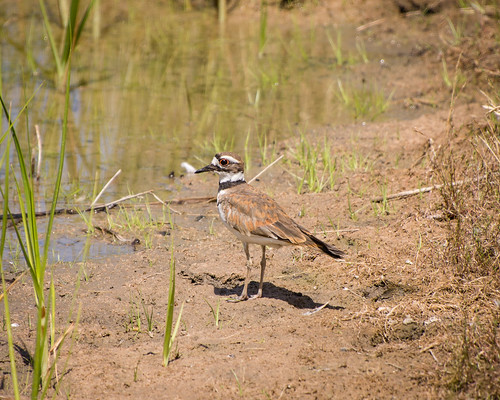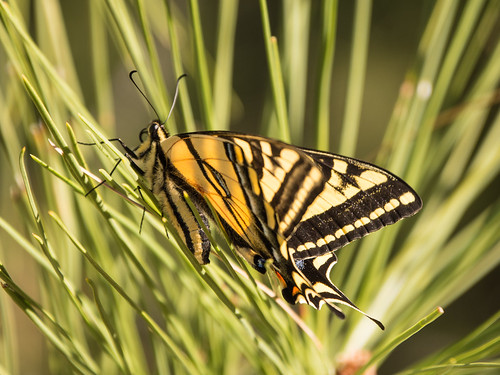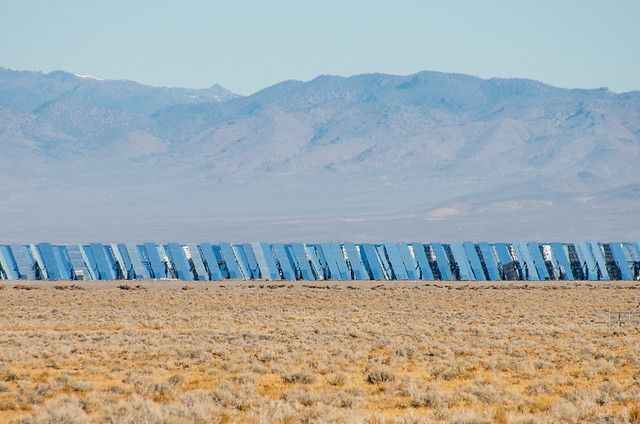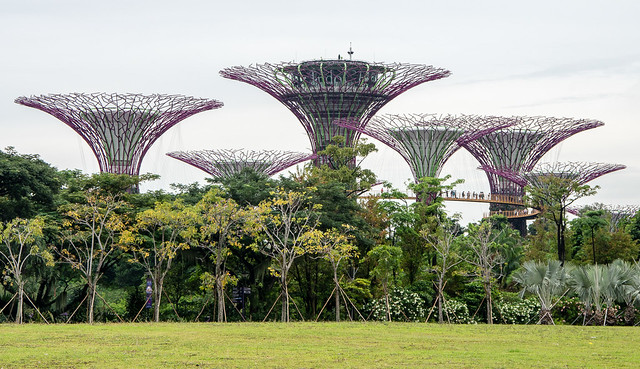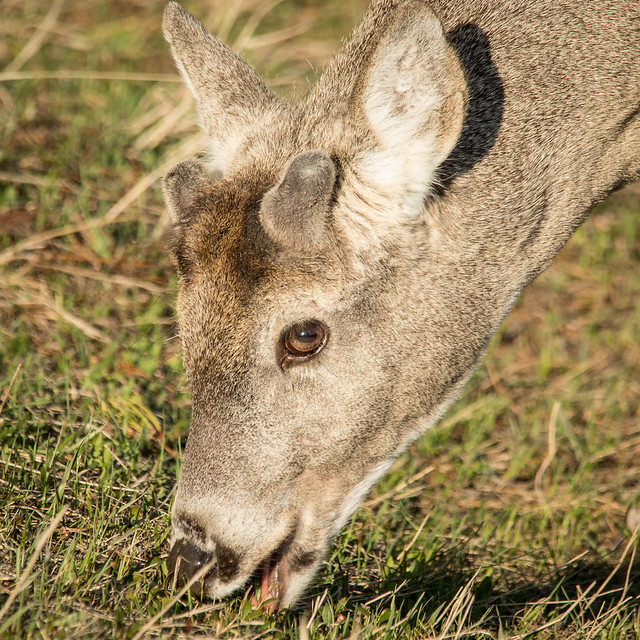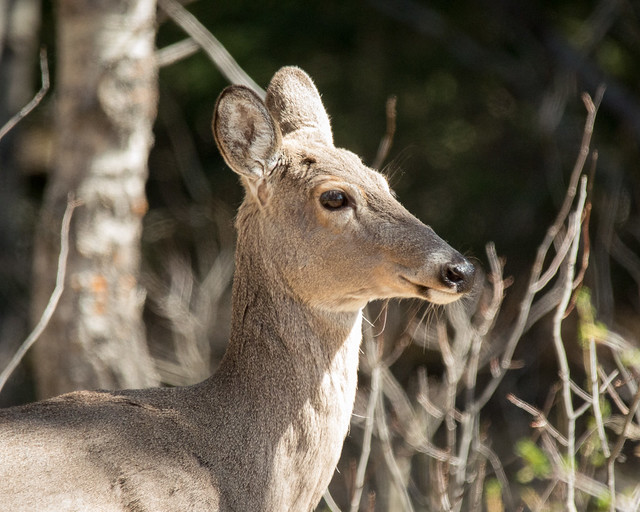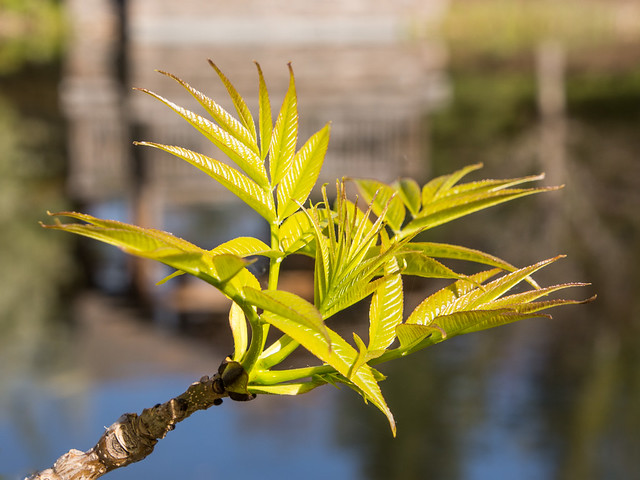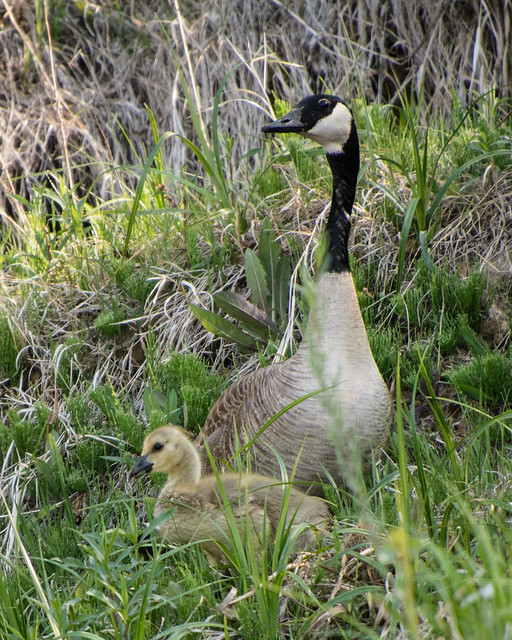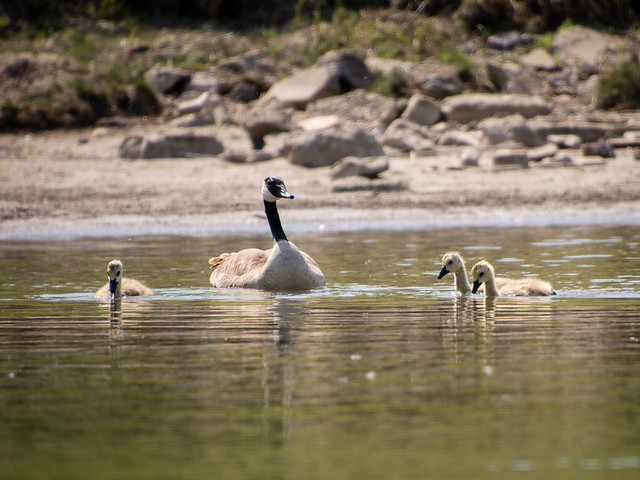Events
Sheep at the Creek, July 4 & 5
Visit Beaver Creek on July 4 and 5 for a sheep herding display and to learn about Meewasin’s sheep grazing program.
Planning Ahead
Here are a couple of events to keep in mind as you plan your summer.
Pasture Ride, Aug. 15 & 16
Walk, ride a horse, or bike through the Caledonia-Elmsthorpe Community Pasture on August 15 and/or 16 with the Saskatchewan Trails Association. Registration is required; register early for the horse corrals.
SaskOutdoors Nature Retreat, Oct. 2-4
SaskOutdoors is planning a weekend nature retreat at Ness Creek, Oct. 2-4. Along with lots of free time, there will be opportunities for a guided walk, nature art-making, campfire chats, and music.
Field Trips
Saskatoon Young Naturalists
Aug. 14, 2-4 pm - Grasslands Hike Space is limited; register early to avoid disappointment.
Other Nature Society Field Trips
July 8, 7-9 pm – SWF Pfeiffer Protected Area
July 11, 8:45 am - ? – North American Butterfly Count
Check the Saskatoon Nature Society’s website for full details (e.g. some trips require rubber boots, others will be cancelled if the weather is bad).
 |
| Photo credit: Michael Molaro |
Even the Roof is Green
The Garden Patch, Saskatoon Food Bank and Learning Centre, with help from Michael Molaro, Higher Groundworks HortiCulture, has installed a green roof on a shipping container. They now have solar panels, rainwater catchment, and a garden – all on their roofs.
No More Bottled Water
Greater Saskatoon Catholic Schools is eliminating commercially bottled water from its cafeterias and vending machines.
EcoFriendly Action Grants – June 2015 (2 grants - $700)
St. Volodymyr Ukrainian Catholic Eparchial Camp - $500 to support nature programs at camp (bat houses, light pollution and star gazing, composting, trip to Pike Lake)
PCAP – SK - $200 for prizes for the Native Prairie Appreciation Week youth poster contest
News
Renewable energy has just had its best year ever. Globally, 23 countries are producing over 10% of their total energy from renewables.
Tesla’s commercial batteries have changed the future … for winemakers!
The less food in your yard - from scattered bird seed, to uncovered compost piles, to greasy barbecue grills - the less likely it is that wildlife will become habituated to humans and turn into problem individuals.
You’re probably recycling the wrong way - here’s how to do it smarter.
EcoSask News is a weekly round-up of local news and events. Email us if you have items you would like us to include.
You can follow EcoFriendly Sask by liking us on Facebook, following us on Twitter, or by email (top right corner).
